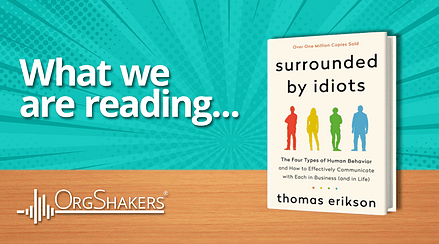Menu

Behind Closed Doors: How Employers Can Support Addiction in the Workplace
Employers have a duty to cultivate a workplace culture where people feel supported, not scrutinised; understood, not judged. Addiction – whether to substances or behaviours – remains one of the most pressing yet quietly managed issues in today’s workforce.
Often hidden behind absenteeism, performance dips, or behavioural changes, addiction can deeply affect both the individual and the wider team.
While alcohol and drug misuse are more traditionally associated with workplace risk, other forms of addiction (such as gambling, prescription medication, and even pornography) are becoming increasingly relevant. According to a Bupa survey, over 57% of employees have struggled with some form of addiction. That includes 15% citing alcohol, 14% gambling, and 7% drugs. A further number reported issues with other behaviours, including social media and pornography. These are issues that tend to fly under the radar until a serious incident forces them into the spotlight.
The implications for employers are significant. Alcohol misuse alone costs the UK economy more than £6.4 billion annually, with 3–5% of all workplace absences linked to drinking. In America, this misuse costs an estimated $249 billion.
Yet despite the scale of the problem, addiction remains a deeply stigmatised topic – 43% of employees say they would not disclose an addiction for fear of professional repercussions. At the same time, 71% of employers recognise that addiction impacts their business, while only 13% currently offer structured support such as addiction counselling.
This presents both a challenge and an opportunity; employers who are willing to face addiction openly, and respond with care rather than punishment, can make a profound difference in the lives of their people and improve the health of their business in the process.
The starting point? Clarity. Every organisation should have a clear, compassionate policy that outlines expectations around substance and behavioural use, as well as procedures for support, intervention, and, if necessary, disciplinary action. Crucially, such a policy must extend beyond alcohol and drugs to acknowledge lesser-discussed behaviours like excessive pornography use, as this is not just a question of compliance, but of safeguarding workplace culture. Viewing adult content at work, for example, may seem like an isolated lapse in judgement, but it can damage trust and contribute to a toxic or unsafe environment. One survey even discovered that around 60% of employees had admitted to watching adult content at work – yet few employers are addressing this explicitly.
Support mechanisms must go hand-in-hand with policy. Employee Assistance Programmes (EAPs) are a cornerstone of this approach, offering confidential access to counselling and support services. Promoting these services proactively rather than waiting for a crisis is key, and so too is training line managers to recognise the early warning signs: unexplained absences, mood swings, declining output, or sudden behavioural changes. These patterns are often the first indication that someone is struggling.
While formal interventions may be necessary in some cases, it’s often the small, preventative actions that make the greatest difference. Employers can help reduce reliance on unhealthy coping mechanisms by promoting mental health initiatives, offering stress management support, encouraging regular breaks, and creating space for open dialogue. For example, substituting alcohol at workplace events with inclusive, alcohol-free options to send a message of sensitivity and inclusion.
And in addition to the wellbeing side of this support, addressing addiction makes business sense, too. One study found that organisations with clear alcohol policies saw a 20% reduction in heavy drinking among employees. Beyond cost savings and reduced absenteeism, companies also benefit from improved morale, lower staff turnover, and stronger team cohesion. But perhaps most importantly, they give their people a second chance – and that can have a ripple effect far beyond the office walls.
If you would like to discuss how we can help strengthen your policies and support strategies around addiction support in the workplace, please get in touch with me at anya@orgshakers.com



